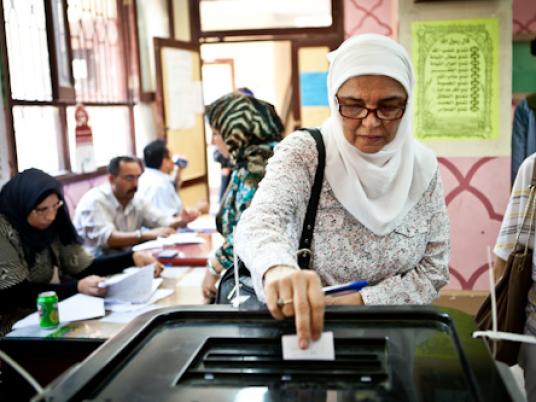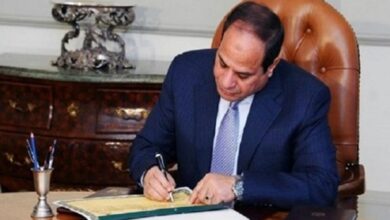
The High Judicial Elections Commission announced regulations for civil society organizations monitoring the upcoming parliamentary elections.
The regulations include a rule that elections results should not be announced before the commission officially announces them.
Once the elections are over, NGOs should draft reports on the results of following the elections process, as well as advantages and disadvantages, according to the regulations. The reports should be submitted to the commission.
Foreign and international NGOs working in human rights, elections and democracy, as well as foreign elections commissions, are permitted to follow the parliamentary poll, and should get permission from the High Judicial Elections Commission before the 15 February deadline.
NGOs may watch and monitor the procedures of updating the voter database, registering candidates, campaigning, balloting, vote counting and declaring results.
Observers may not intervene or hamper the electoral process, and shouldn’t influence voters or campaigns, or receive gifts or help from candidates or their supporters.
International NGOs that requesting permission for monitoring the elections should be reputable and known for their integrity, and should have previous experience with elections monitoring.
A committee headed by a member of the commission’s general secretariat that includes the representatives of the foreign and interior ministers, as well as the National Security Agency, should be formed to receive NGO requests for election monitoring permission, the commission said.
This committee should accept or decline the requests, and submit its recommendations to the commission within 24 hours. The commission should announce the approved NGOs by 22 February.
If an organization violates the regulations, the commission has the right to cancel the observer and NGO’s permission, in case they are proven responsible for the violation, without violating penalties included in the political rights law, the commission said.




